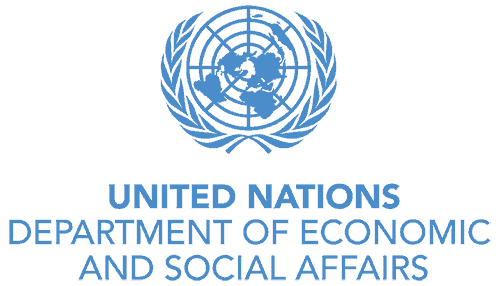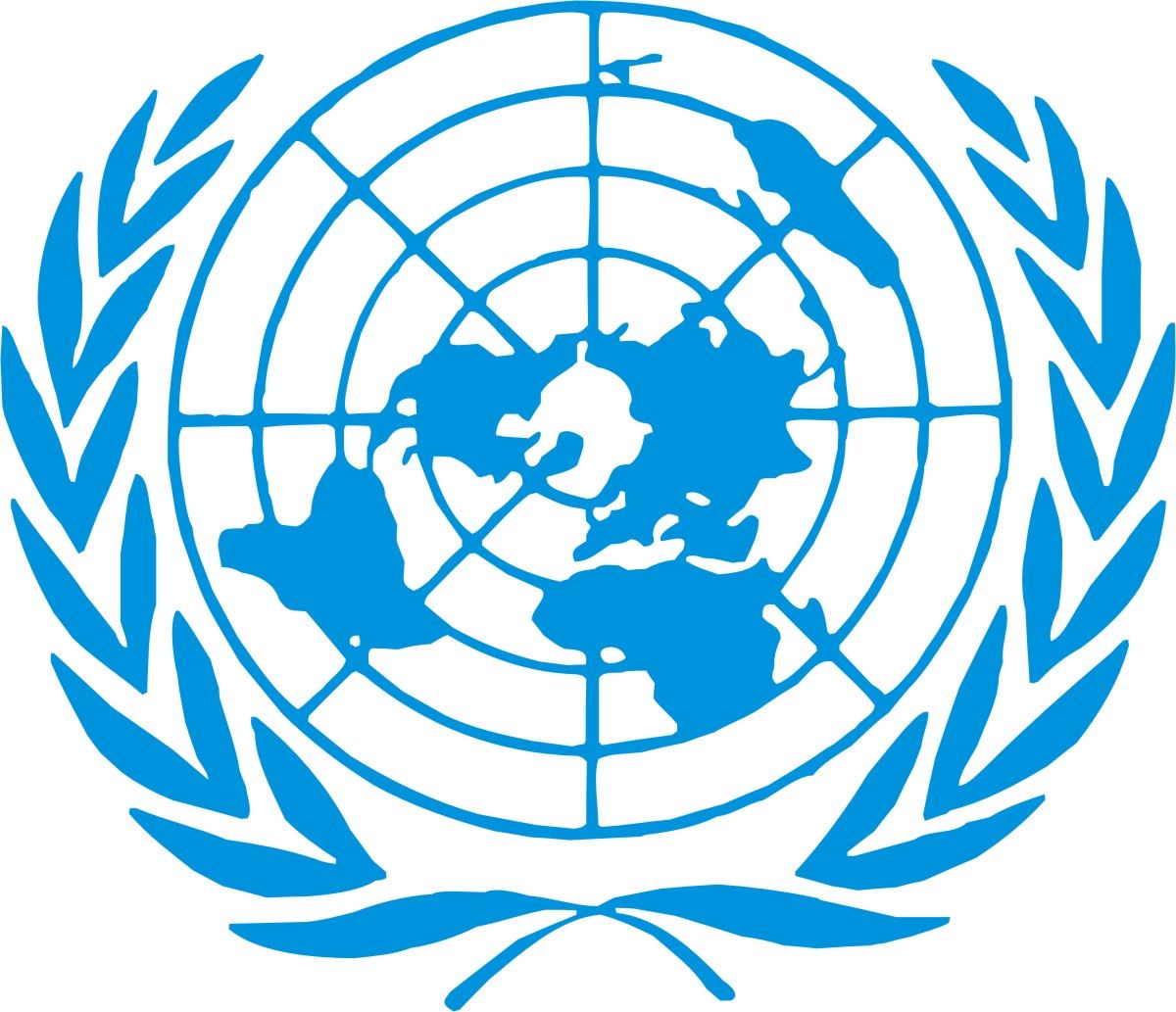Location
The United Nations Economic and Social Council (ECOSOC; French: Conseil économique et social des Nations unies, CESNU) is one of the six principal organs of the United Nations, responsible for coordinating the economic and social fields of the organisation, specifically in regards to the 15 specialised agencies, the eight functional commissions and the five regional commissions under its jurisdiction.
The Council serves as the central forum for discussing international economic and social issues and formulating policy recommendations addressed to member states and the United Nations system. A number of non-governmental organisations have been granted consultative status to the Council to participate in the work of the United Nations.
Members:
Resources
Displaying 51 - 55 of 224Prevention of encroachment on arable land in Africa
This paper focuses on the severity of the African food situation was demanding programmes and plans of action such as the Lagos Plan of Action (1980) and the FAO African Food Plan (1980), the twin problems of post harvest food losses and of arable land lost to urban development in Africa were considered for joint action.
Report on measures taken by African countries to reduce post-harvest food losses: Executive summary
The importance of post-harvest food losses in developing countries including Africa was given the right consideration by the seventh special session of the United Nations General Assembly held in 1975. The Assembly adopted resolution 3362 (S-VII) which, inter alia, called for drastic reduction of post harvest food losses and recommended that the goal of 50 per cent reduction;be attained by 1985.
Rapport sur les politiques du sol et sur les systèmes agricoles en Somalie et au Soudan
Dans son budget programme pour la période biennale 1986-1987 qui a été entérine par la onzième réunion do la Conférence des ministres tenue à Addis-Abeba en mai 1985 et ultérieurement approuve par la quarantième session de l'Assemblée générale des Nations Unie. Le présent rapport, est un résume des principales questions soulèves lors du séminaire et des mesures pratiques envisagées pour améliorer les moyens des pays dans le domaine de la commercialisation agricole pour ce qui est des arrangements sous-régionaux en matière de CTPD.
Report on land use policies and farming systems: the case of Somalia and Sudan
The recent FAO in-depth study on agricultural and food problems in Africa concluded that even the present inadequate food supply situation is unsustainable. Unless major policy decisions are taken and implemented to resolve the food production crisis and reduce the rate of population growth, the trends of the past 25 years will continue and the food supply situation will continue to deteriorate during the next 25 years. Famine of the magnitude experienced during the 1983-1934 drought could become a regular feature even in period of more average rainfall.
Intégration des politiques et programmes relatifs aux établissements humains à la planification du développement socio-économique national cadre et méthodes
La planification du développement dans les pays africains était au départ(années 50 - début des années 70) perdue et conçue essentiellement comme une planification macro-économique. Cette perception mettait essentiellement l'accent sur la projection et la maximisation des agrégats économiques nationaux tels que le PIB, le PNB, le revenu par habitant, le niveau de l'emploi, la stabilité des
niveaux de prix comme seuls moyens de mesurer le développement économique.



